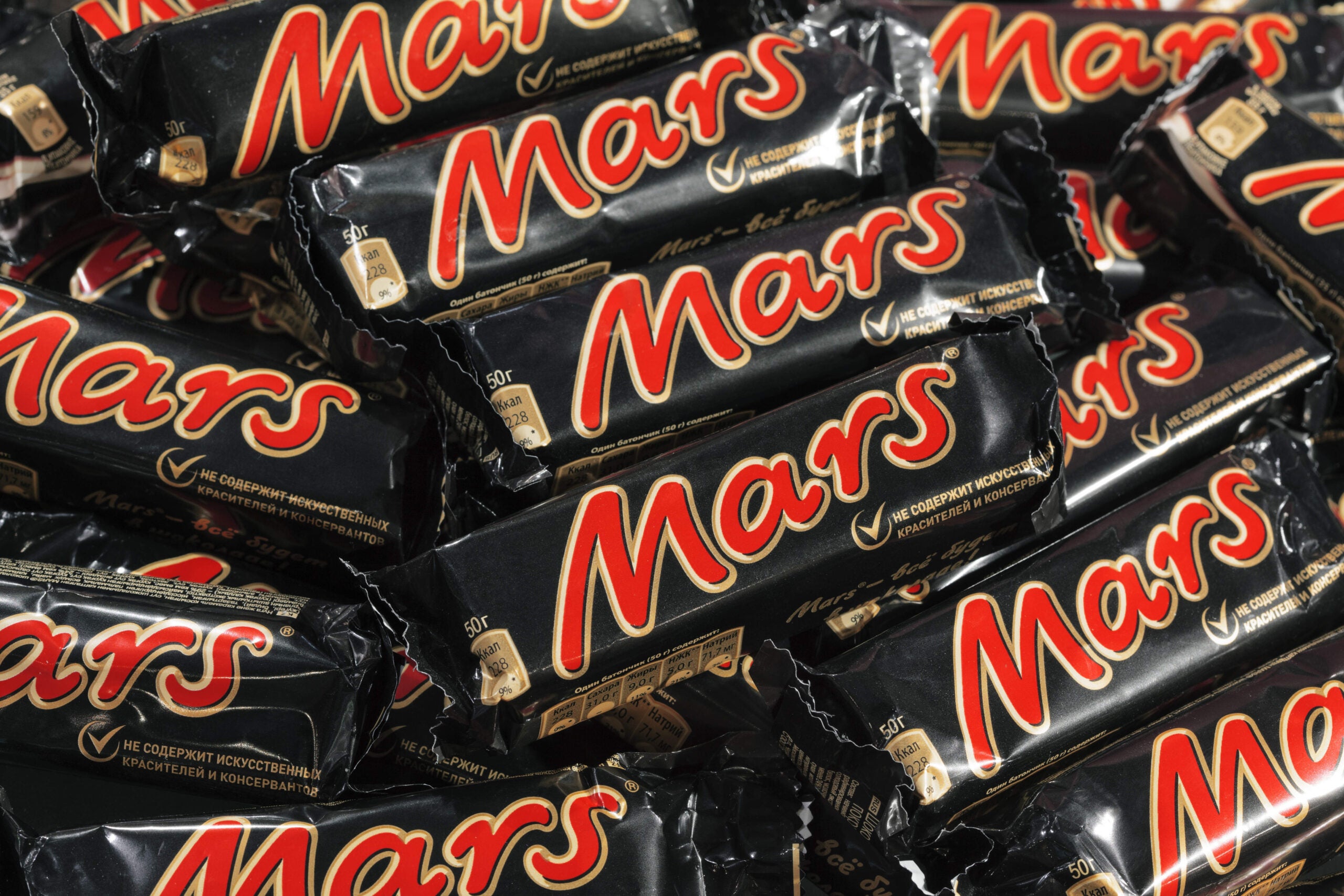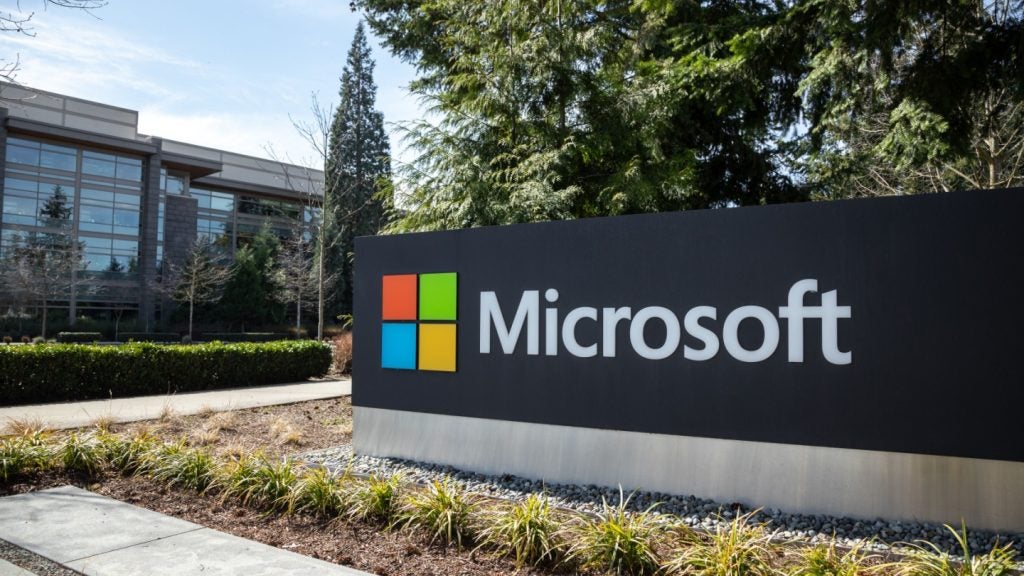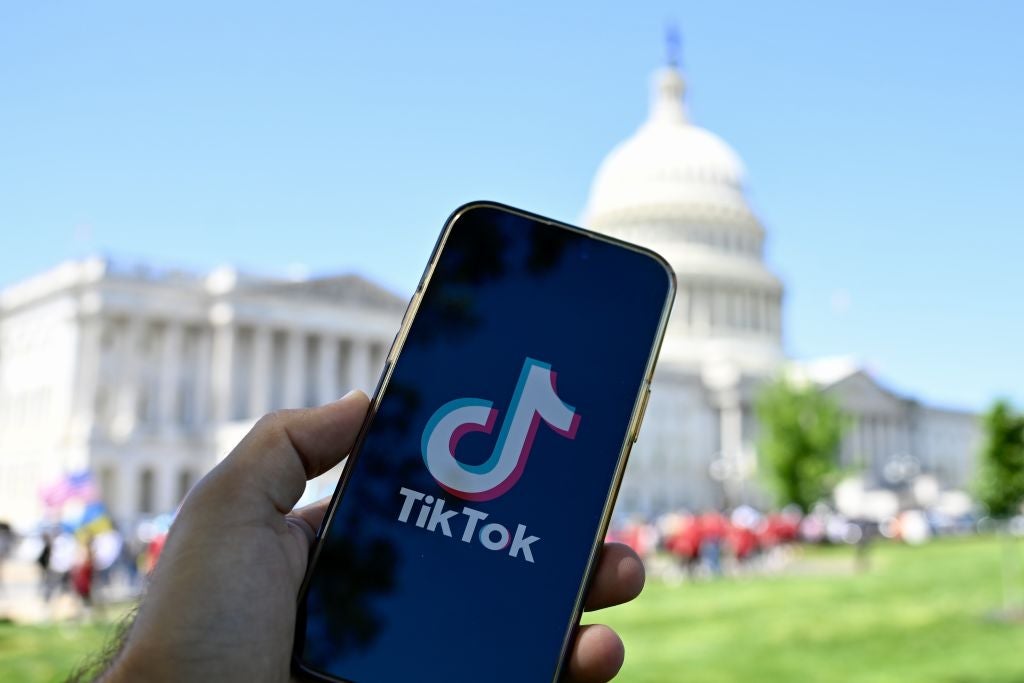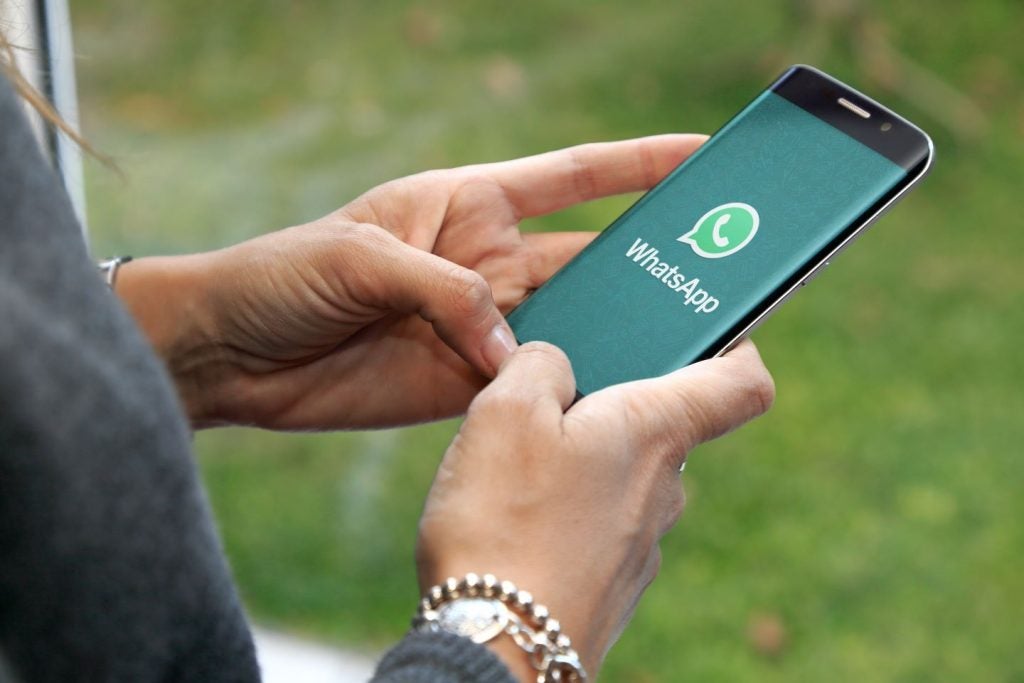
If British prime minister Theresa May fails to reach a trade deal with the European Union (EU) after Brexit, the UK will have to fall back on World Trade Organisation (WTO) rules.
The EU will have to treat the UK in the same way that it treats all other WTO members in that position, including Russia, the US and Brazil.
What is the WTO?
The WTO is the only agency responsible for overseeing the rules of international trade, tasked with policing free trade agreements, settling trade disputes between governments and organising trade negotiations.
WTO policies include limits on tariffs and the enforcement of sanitary standards on agricultural products to prevent the spread of disease.
Britain is already one of 164 WTO member countries, but currently operates through the EU when it comes to trade.
Under WTO rules, Britain is likely to face far more punitive tariffs on products across a range of industries from manufacturing to agriculture.
How well do you really know your competitors?
Access the most comprehensive Company Profiles on the market, powered by GlobalData. Save hours of research. Gain competitive edge.

Thank you!
Your download email will arrive shortly
Not ready to buy yet? Download a free sample
We are confident about the unique quality of our Company Profiles. However, we want you to make the most beneficial decision for your business, so we offer a free sample that you can download by submitting the below form
By GlobalDataPaul Drechsler, president of the Confederation for British Industry, said last month:
The UK would face tariffs on 90 percent of its EU exports by value and a raft of new regulatory hurdles.
In tariff costs alone, Britain would be confronted with a $7.6bn annual bill, according to costs calculated by the Guardian in February.
What products will be affected by WTO rules?
All confectionery goods could be slapped with 30 percent tariffs.
Fiona Dawson, global president of Mars Food, said in a speech the American Chambers of Commerce in Brussels last month:
There can be no economic advantage in either side restricting trade with a large market situated on its doorstep. In simple terms, if the UK and the EU fail to agree on a new preferential deal, it will be to the detriment of all.
Mars is the most popular chocolate bar in the UK, according to a poll by kitchen appliance company CDA published in January.
The food and drink industry will see other popular products like wine face tariffs of up to 32 percent.
Customs duties to the tune of $390m could be placed on animal products including yogurt, beef and pork.
Farmers, supermarkets and food suppliers wrote a letter to May last month calling on the UK government to secure a free trade deal with the EU after Brexit — avoiding WTO rules.
They stressed the importance of “avoiding customs duties on trade by securing an ambitious bilateral free trade agreement with the EU that delivers two-way tariff-free trade.”
The food supply chain employs 3.9m people in total and generates £108bn ($135bn) for the economy annually, the letter also said.
Britain’s clothing and textile industry could face a customs bill of over $1bn, while tariffs on cars and car parts sold to Germany alone would amount to $318.4m annually.
There would even be a 2.9 percent tariff on contact lenses, meaning custom duties of about $23.5m.
Resorting to WTO would be “worse than an agreement,” the former chief of the World Trade Organisation warned last month.







